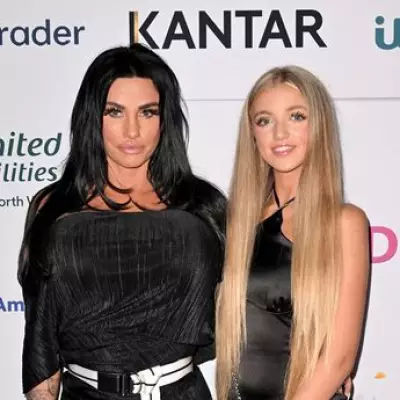
The widow of legendary Pogues frontman Shane MacGowan has voiced her strong criticism of Netflix's upcoming series 'House of Guinness', taking particular issue with what she describes as 'terrible' Irish accents in the production.
Victoria Mary Clarke, an Irish journalist and author who was married to MacGowan until his passing last November, didn't hold back when sharing her thoughts on the streaming giant's portrayal of the famous brewing dynasty.
'Painful' Listening Experience
In a candid social media post, Clarke expressed her disappointment with the series, stating she found the accents particularly difficult to endure. "I really wanted to watch the Netflix thing about the Guinness family but the accents are so terrible I had to turn it off," she revealed.
The criticism comes as something of a surprise given Clarke's personal connection to authentic Irish culture through her late husband, whose raw, genuine portrayal of Irish life through music made him an icon.
Questioning Casting Choices
Clarke went further in her critique, questioning why Netflix didn't opt for genuine Irish talent. "Why don't they just get Irish people to do it?" she pondered, highlighting what many viewers see as an ongoing issue in film and television productions.
Her comments have sparked conversation among fans and critics alike about the importance of authentic representation in media, particularly when dealing with specific cultural backgrounds.
A Legacy of Authenticity
The timing of Clarke's remarks is particularly poignant as she continues to honour her husband's legacy. Shane MacGowan, who passed away aged 65, was celebrated worldwide for his uncompromising authenticity and his ability to capture the essence of Irish experience through his music.
Clarke's criticism raises important questions about how streaming platforms approach cultural representation and whether big-budget productions are prioritising star power over authenticity.
As the debate continues, viewers will be watching closely to see how Netflix and other streaming services respond to calls for more genuine portrayals of cultural identities in their original programming.






